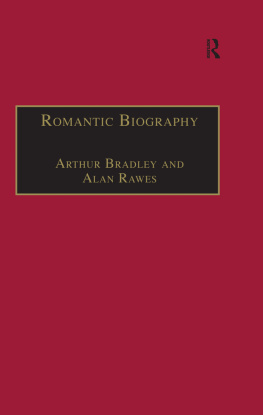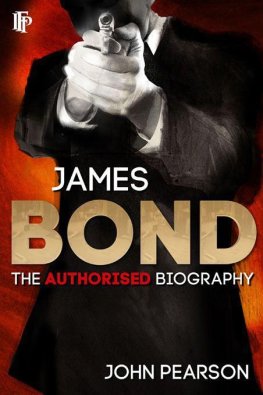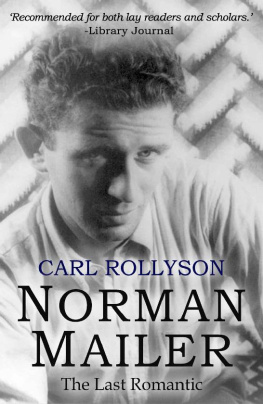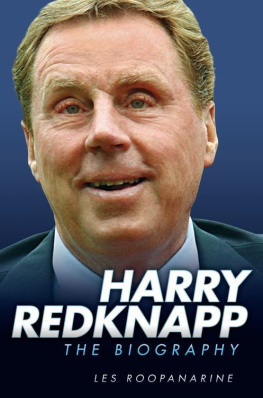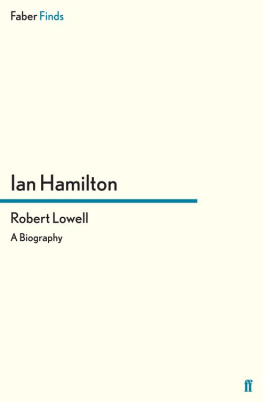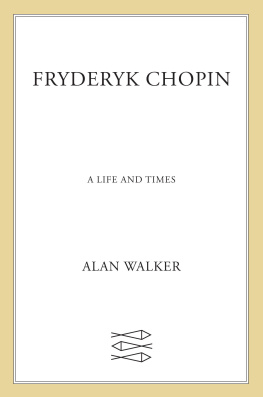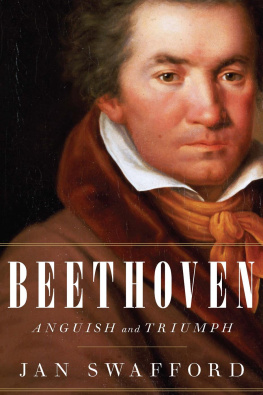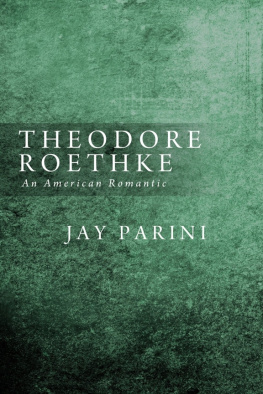Arthur Bradley and Alan Rawes have asserted their right under the Copyright, Designs and Patents Act, 1988, to be identified as the Editors of this Work.
All rights reserved. No part of this book may be reprinted or reproduced or utilised in any form or by any electronic, mechanical, or other means, now known or hereafter invented, including photocopying and recording, or in any information storage or retrieval system, without permission in writing from the publishers.
1. English prose literature--20th century--History and criticism. 2. Biography as a literary form. 3. English prose literature--19th century--History and criticism. 4. Authors, English--Biography--History and criticism. 5. American prose literature--History and criticism. 6. Romanticism--Great Britain. I. Bradley, Arthur. II. Rawes, Alan.
Jonathan Bate is Leverhulme Research Professor of English Literature at the University of Liverpool and a Fellow of the British Academy. He is the author of The Cure for Love, a biographical novel about William Hazlitt (Picador, 1998) and a major biography of John Clare, which will be published in 2003 by Picador in the UK and Farrar Starus Giroux in the USA.
Arthur Bradley is Senior Lecturer in English at Chester College of Higher Education. His publications include essays on Shelley, Byron, Joseph de Maistre, Michel Foucault, Jacques Derrida and Jean-Luc Marion. He is currently writing a book about Derrida, theology and modern French thought to be published by Routledge.
Joe Bray has taught at the Universities of Luton, Cambridge and Strathclyde, and is now Lecturer in Literary Stylistics at the University of Stirling. He is co-editor of Ma(r)king The Text: The Presentation of Meaning on the Literary Page (Ashgate, 2000), and has published on Richardson and Austen. He has recently completed a monograph on the representation of consciousness in the epistolary novel.
Gerard Carruthers is Lecturer in English at the University of Glasgow. He has published essays on James Thomson, Robert Burns and other eighteenth century topics, and is co-editor, with Alan Rawes, of English Romanticism and the Celtic World (Cambridge, 2003).
Kenneth R. Johnston is Ruth N. Halls Professor of English at Indiana University (Bloomington), where he recently completed two terms as department chair. He is the author of The Hidden Wordsworth: Poet, Lover, Rebel, Spy (Norton, 1998), which won the 1998 Jean Baracelli award of the American Conference on Romanticism, as well as Wordsworth and 'The Recluse' (Yale, 1984). He co-edited and contributed to The Age of William Wordsworth (Rutgers, 1987) and Romantic Revolutions: Criticism and Theory (Indiana, 1990). He is currently studying the effects of the Treason Trials of the 1790s on the origins of the English Romantic movement.
Julian North is Senior Lecturer in English at De Montfort University, Leicester. She is the author of De Quincey Reviewed: Thomas De Quincey 's Critical Reception, 1821-1994 (Camden House, 1997) and has also published on Romantic autobiography and nineteenth-century drug literature. She is currently working on The Domestication of Genius, a book on Romantic biography, and is editing volume 11 of The Works of Thomas De Quincey, 21 vols (Pickering and Chatto, 2000-).
Michael O'Neill is Professor of English at the University of Durham. He has published widely in the fields of Romanticism and twentieth-century poetry. His books include The Human Mind's Imaginings: Conflict and Achievement in Shelley's Poetry (1989) and Romanticism and the Self-Conscious Poem (1997), both published by Oxford, With Zachary Leader, he is currently completing a co-edited edition of Shelley for the Oxford Authors series.
Ralph Pite is Senior Lecturer in English at the University of Liverpool. He has recently completed Hardy's Geography: Wessex and the Regional Novel (Palgrave, 2002) and is currently working on a biography of Hardy entitled The Guarded Life to be published by Picador.
Alan Rawes has taught at the Universities of Liverpool and Strathclyde, and is now Senior Lecturer in English at Canterbury Christ Church University College. He is the author of Byron's Poetic Experimentation (Ashgate, 2000) and co-editor, with Gerard Carruthers, of English Romanticism and the Celtic World (Cambridge, 2003).
Mark Storey is Emeritus Professor of English at the University of Birmingham. His publications include Byron and the Eye of Appetite (Macmillan, 1986), Robert Southey: A Life (Oxford, 1997), The Problem of Poetry in the Romantic Period (Macmillan, 2000) and, as editor, The Letters of John Clare (Oxford, 1985).
Jennifer Wallace is Director of Studies at Peterhouse College, Cambridge. Her recent publications include Shelley and Greece: Rethinking Romantic Hellenism (Cambridge, 1997), a volume on Keats in the Lives of the Great Romantics series (Pickering and Chatto, 1997), Consuming Passions: Food in the Age of Anxiety (Manchester, 1998), essays on Shelley, Mathew Arnold, Elizabeth Carter and Elizabeth Barratt Browning, and numerous contributions to THES.
The aim of the series is to reflect, develop and extend the great burgeoning of interest in the nineteenth century that has been an inevitable feature of recent years, as that former epoch has come more sharply into focus as a locus for our understanding not only of the past but of the contours of our modenity. It centres primarily upon major authors and subjects within Romantic and Victorian literature. It also includes studies of other British writers and issues, where these are matters of current debate: for example, biography and autobiography, journalism, periodical literature, travel writing, book production, gender and non-canonical writing. We are dedicated principally to publishing original monographs and symposia; our policy is to embrace a broad scope in chronology, approach and range of concern, and both to recognize and cut innovatively across such parameters as those suggested by the designations 'Romantic' and 'Victorian'. We welcome new ideas and theories, while valuing traditional scholarship. It is hoped that the world which predates yet so forcibly predicts and engages our own will emerge in parts, in the wider sweep, and in the lively streams of disputation and change that are so manifest an aspect of its intellectual, artistic and social landscape.

